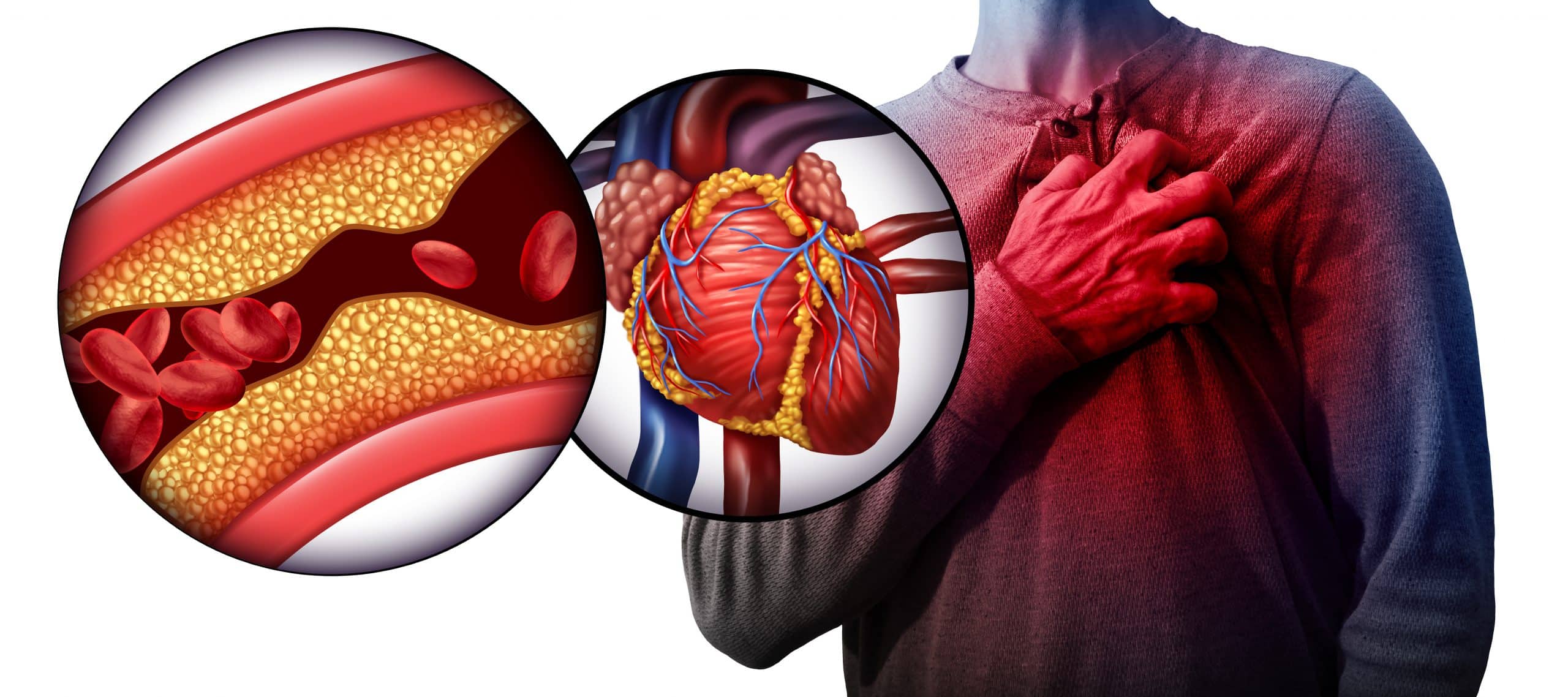04/26/2019
The Connection Between Springtime Allergies and Cardiovascular Disease
Over 50 million people suffer from allergies in the U.S, and each year, 785,000 Americans suffer from their first coronary attack. These statistics may seem unrelated, but could there be a link?
Seasonal allergies often lead to coughing, sneezing, and bodily discomfort. For most, they are simply a nuisance in the spring months. However, new research may have found a link between common allergies and an increased risk of cardiovascular disease.
Allergies and Cardiovascular Disease
The link between heart disease and allergies was first discovered by Dr. Jongoh Kim, a researcher at Albert Einstein Medical Center in Philadelphia. Kim and his team used the National Health and Nutrition Examination Survey conducted between 1988 and 1994 to pull data and better understand how allergies and heart disease are connected. The team found that those who suffer from allergies during certain times of the year also suffer from heart disease at an increased rate compared to people without allergies.
Across the collected data, six percent of adults suffered from heart disease. However, of those surveyed who recorded wheezing, a common allergy symptom, 13 percent had some form of heart disease. Additionally, the risk for heart disease more than doubled when other risk factors, such as asthma, were calculated in.
Kim concluded that allergies affecting the lungs could eventually lead to heart disease. He suggested that the intermittent inflammation created by allergies could result in the thickening of artery walls, which could then lead to heart disease.
More Research is Needed
Researchers agree that more studies need to be conducted to prove the link between allergies and heart disease. While there is seemingly a correlation between the two conditions, researchers state that most of the people in their study who suffered from wheezing and other allergy symptoms had other heart disease risk factors, such as obesity, smoking, and high blood pressure. Kim also notes that some people may simply carry genes that increase their risk of both heart disease and allergies.
Tips for Managing Seasonal Allergies
While there is no conclusive evidence about the link between allergies and heart disease, it is best for those with allergies to avoid any potential inflammation. The doctors at CardioSecur in Germany suggest that those with allergies limit their exposure to anything that may cause a reaction, such as pollen. This involves staying indoors on high-allergen days, keeping windows and doors closed and washing your clothes frequently. Allergy remedies such as over-the-counter antihistamines, nasal sprays or dehumidifiers can also provide relief against congestion, itching and other uncomfortable symptoms.
While getting rid of your allergies won’t guarantee a heart disease-free life, it certainly couldn’t hurt your chances. Find out more about staying healthy this spring with CardioVascular Group.




